Nowadays, hair shedding is a part of every day life, yes it clogs up your shower drain, and yes, it means you have to vacuum every other day or your carpet turns into a hairy rug.
On average we lose around 80 strands a day, if you begin to shed significantly more than that or you notice they aren’t growing back, well, that’s when things start to get a bit hairy. Maybe we need to know-why your hair is falling out.
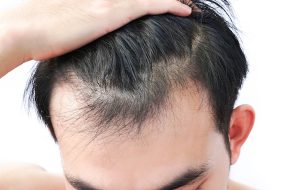
Young man serious hair loss problem
Firstly, there are different types of hair loss, genetic and reactive……
GENETIC: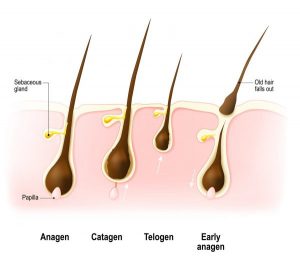
There’s a chance you’re genetically predisposed to hair thinning, which means you may see a progressive, gradual reduction in hair volume. In these instances, certain hair follicles are sensitive to male hormones – and this sensitivity causes follicles to gradually shrink and produce slightly finer and shorter hairs with each passing hair growth cycle.
REACTIVE:
This means your hair loss is the result of a trigger. Excessive daily hair shedding (which is know as telogen effluvium) is not reliant on having a genetic predisposition, it occurs as the result of an internal imbalance or upset, such as a nutritional deficiency, severe stress, crash dieting or an illness.

Several most common triggers of hair loss……
1. Hormonal imbalance
A hormonal imbalance can lead to multitude of annoying health and beauty issues, from adult acne to weight gain. If your hormones are out of whack the effects will radiate throughout the whole body (and of course, that includes your hair). An excess of androgens (which could be caused by an endocrine disorder, such as Polycystic Ovarian Syndrome) can cause hair loss. The extent of this is often down to genes – If you have a genetic predisposition to follicle sensitivity, a hormonal imbalance can affect your hair more than it would someone who does not have a predisposition.
2. Iron deficiency/anemia
One of the most common causes of hair loss in women is an iron deficiency. Iron is essential for producing hair cell protein, without it, your strands will suffer.
3. Stress
It’s no myth that excess stress can literally make your hair fall out. How does this happen? Well, it can raise androgen (male hormone) levels, which in turn can causes hair loss. “Stress may also trigger scalp problems, such as dandruff, disrupt eating habits and mess with the digestive system – all of which can have a negative impact on hair” says an expert.
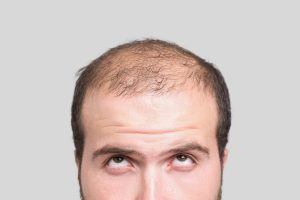
4. Lose Weight
A steep drop on the scales can impact your tresses, 6-12 weeks after dramatic weight loss, whether it be intentional or unintentional, hair commonly comes out in excess.
5. Vitamin B12 deficiency
A lack of vitamin B12 can leave you feeling tired and low on energy, sound familiar? Well, the fun doesn’t stop there, it can also take it’s toll on your hair… Vitamin B12 deficiency often causes hair loss as it can affect the health of red blood cells, which carry oxygen to your tissues. It’s most common in vegans as you can primarily only obtain B12 through animal proteins.

6. Age
If you’re going through or about to enter the menopause, changes in your body may also have an effect on your hair. Hair loss becomes more prevalent leading up to and after the menopause. That being said, it’s important to realise that our hair ages, and as we get older, hair naturally gets finer. It’s a totally normal part of the ageing process.


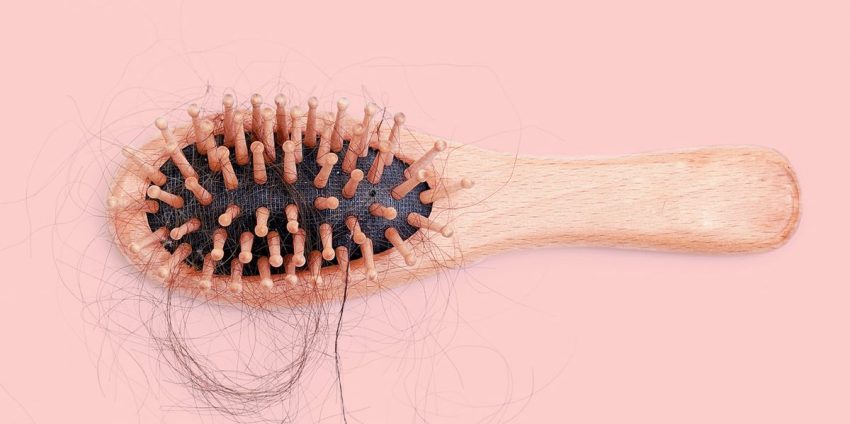
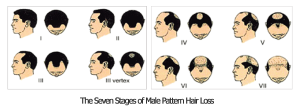



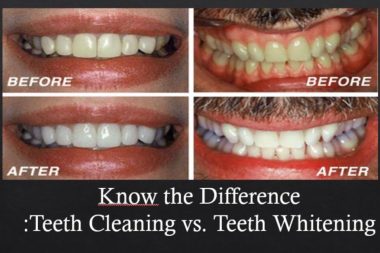


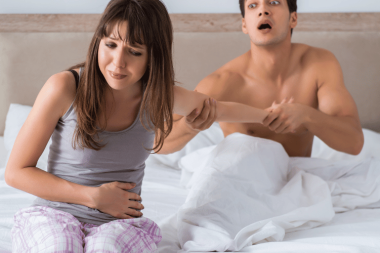
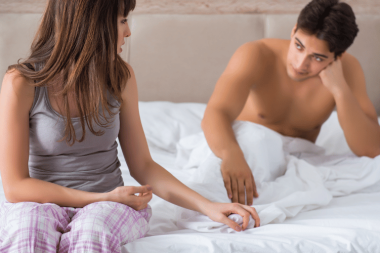
Leave a Reply